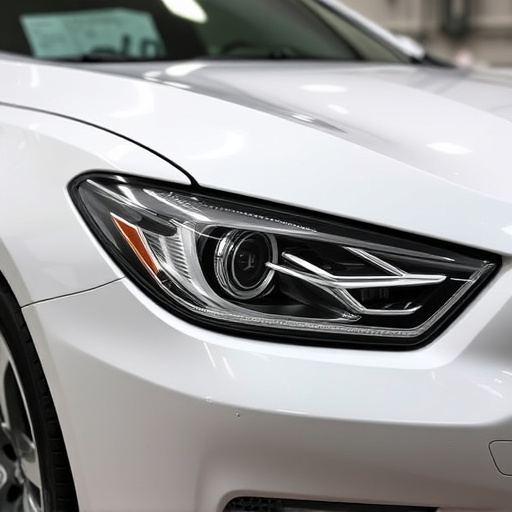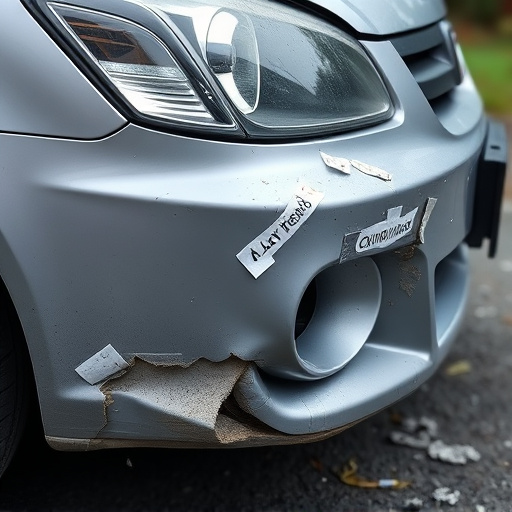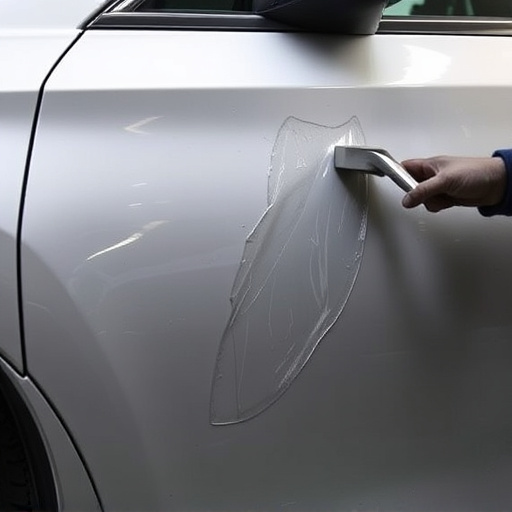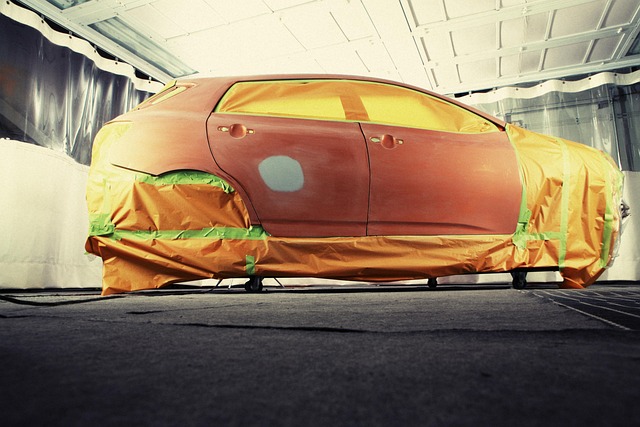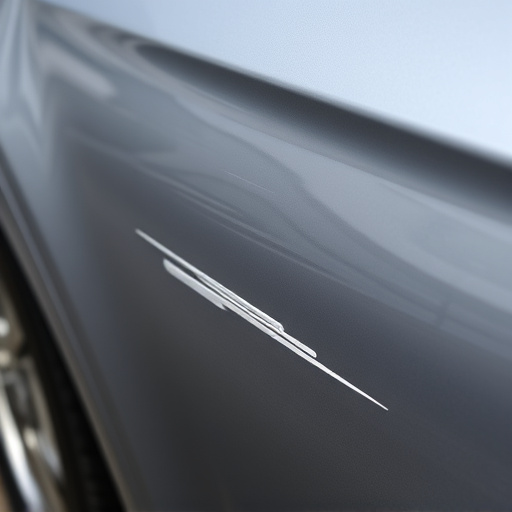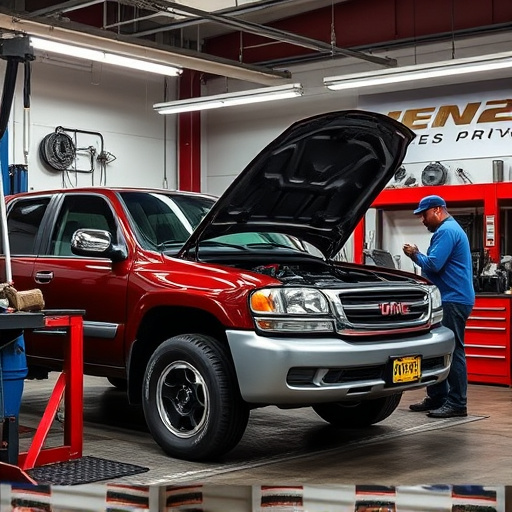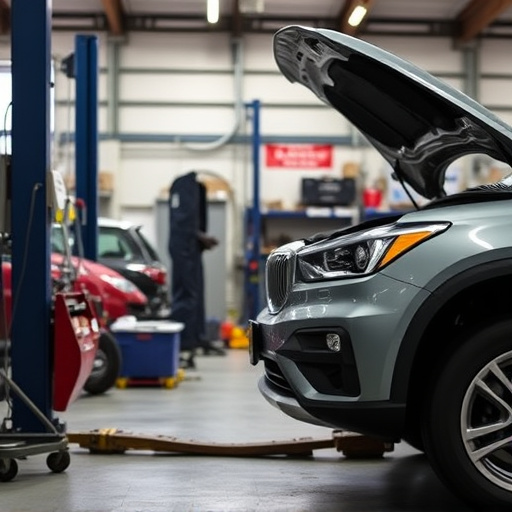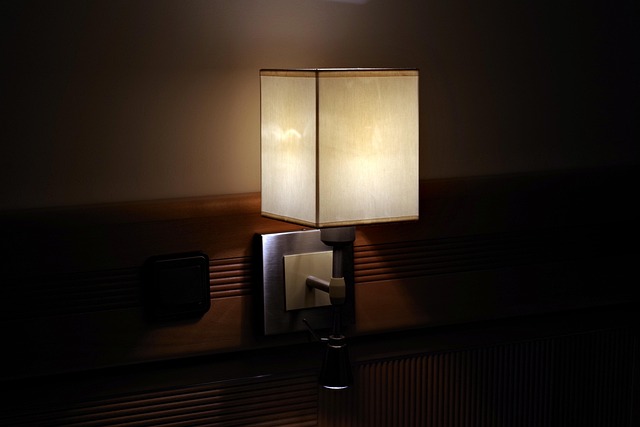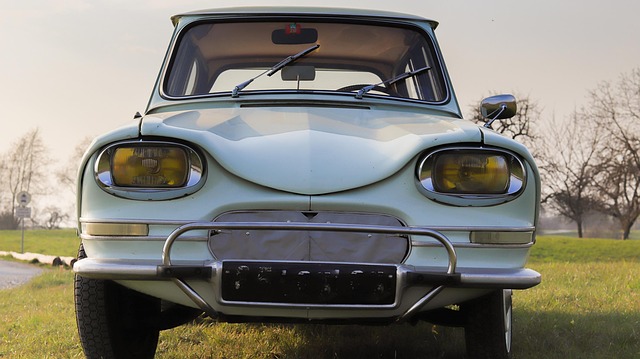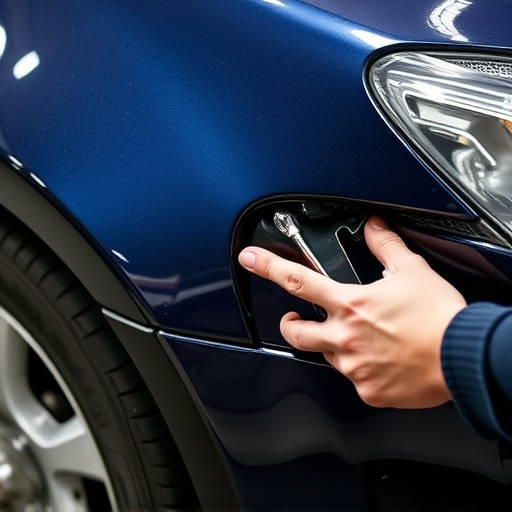Metal reshaping PDR (Panel Damage Repair) estimates are crucial for auto insurance claims, guiding body shop repairs to maintain structural integrity and aesthetic appeal. Insurance companies assess these estimates based on damage complexity, vehicle type, and shop reputation. Accurate quotes, achieved through meticulous dent assessment and advanced tools, expedite claims, enhance customer satisfaction, and ensure fair compensation for intricate metal reshaping procedures.
In the realm of automotive repairs, metal reshaping PDR (Panel Damage Repair) estimates hold significant weight. This article delves into how insurance companies assess these estimates, offering a comprehensive guide for understanding and optimizing processes. From grasping the intricacies of metal reshaping PDR to exploring factors influencing insurance evaluations, we uncover strategies to ensure accurate reimbursement. Learn how to navigate this landscape effectively, fostering a seamless experience in the world of automotive claims management.
- Understanding Metal Reshaping PDR Estimates
- Factors Influencing Insurance Company Evaluations
- Optimizing PDR Estimates for Accurate Reimbursement
Understanding Metal Reshaping PDR Estimates

Metal reshaping PDR (Panel Damage Repair) estimates are a critical component in the auto insurance claims process, particularly when it comes to vehicle body shop repairs. Understanding these estimates involves comprehending the intricate work involved in restoring damaged vehicles back to their pre-incident condition. Insurance companies carefully consider metal reshaping PDR as it ensures the structural integrity and aesthetic appeal of the vehicle post-repair.
This process entails skilled technicians utilizing specialized tools to bend, form, and reshape metal panels, effectively minimizing visible damage. The estimates for such work are generated based on detailed assessments, considering factors like panel complexity, degree of deformation, and necessary replacement parts. Accurate metal reshaping PDR estimates are paramount in facilitating efficient vehicle repair, ensuring customers receive high-quality auto repair services while maintaining the value and safety of their vehicles.
Factors Influencing Insurance Company Evaluations

Insurance companies carefully consider various factors when evaluating metal reshaping PDR (Paintless Dent Repair) estimates. One key aspect is the complexity of the damage—simple dents and dings may be seen as less costly to repair, while intricate or deep denting can significantly impact the overall estimate. The type of vehicle also plays a role; luxury cars with specialized body panels might require more precise and expensive techniques, such as PDR, over traditional panel replacement.
Another influencing factor is the reputation and experience of the collision center or body shop providing the services. Insurance companies often prefer established shops with proven track records of quality work. Additionally, they may consider the availability of tire services as part of the overall estimate, as a comprehensive solution offering both PDR and tire repair/replacement can streamline the process for policyholders.
Optimizing PDR Estimates for Accurate Reimbursement

Accurate PDR (Paintless Dent Repair) estimates are essential for ensuring fair and timely reimbursement for body shop services, especially when it comes to metal reshaping procedures. Insurance companies closely scrutinize these estimates to gauge the extent of damage and the complexity of the repair process. By optimizing PDR estimates, body shops can effectively communicate the cost and time required to perform the dent repair, fostering trust and transparency with both customers and insurers.
This optimization involves a meticulous assessment of each dent, considering factors like panel type, size, and depth. Advanced tools and techniques, such as digital measuring devices and specialized training in metal reshaping, play a crucial role in generating precise estimates. Accurate PDR estimates not only streamline the claims process but also contribute to a positive customer experience by setting clear expectations for service delivery and cost coverage.
Insurance companies’ perspective on metal reshaping PDR (Panel Damage Repair) estimates is crucial for ensuring accurate reimbursement and efficient vehicle repair processes. By understanding the influencing factors and optimizing these estimates, repair shops can navigate the complex landscape of insurance company evaluations. This leads to better patient satisfaction and a smoother claims settlement process, ultimately benefiting all parties involved in the metal reshaping PDR journey.
